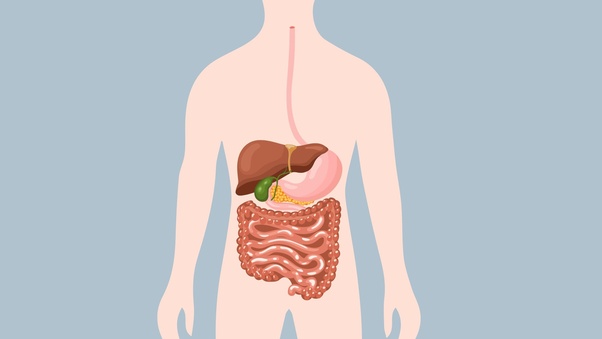In a world where we’re often bombarded with messages about what to eat and when to eat, the idea of keeping your stomach empty may sound counterintuitive. However, there are compelling reasons why maintaining an empty stomach at certain times can be essential for a healthy lifestyle. In this blog, we’ll explore the concept of intermittent fasting, its benefits, and how it contributes to a healthier you.
The Basics of Intermittent Fasting
Intermittent fasting (IF) is an eating pattern that cycles between periods of eating and fasting. While fasting, you abstain from food for a set duration, allowing your body to fully digest and metabolize the food from your last meal. There are several popular methods of intermittent fasting, including the 16/8 method (16 hours of fasting, 8 hours of eating), the 5:2 method (eating normally for five days and significantly reducing calorie intake for two non-consecutive days), and the 24-hour fast.
Here’s why keeping your stomach empty through intermittent fasting can be crucial for a healthy lifestyle:
- Promotes Weight Management
One of the most well-known benefits of intermittent fasting is its ability to aid in weight management. When you limit your eating window, you naturally consume fewer calories. Additionally, fasting periods give your body a chance to tap into stored fat for energy, aiding in fat loss. Several studies have shown that intermittent fasting can be an effective strategy for weight loss and maintaining a healthy weight.
- Improves Insulin Sensitivity
Intermittent fasting can enhance insulin sensitivity, which is vital for preventing and managing type 2 diabetes. By reducing the frequency of meals and snacks, you lower your insulin levels, making your body more responsive to this hormone. Improved insulin sensitivity helps regulate blood sugar levels and reduces the risk of insulin resistance.
- Enhances Cellular Repair
During fasting periods, your body initiates a process called autophagy, where it removes damaged cells and proteins. This cellular “clean-up” process is essential for maintaining overall health and can help prevent various diseases, including cancer and neurodegenerative disorders.
- Supports Heart Health
Intermittent fasting can have a positive impact on heart health by improving blood pressure, cholesterol levels, and reducing inflammation. These benefits can significantly lower the risk of cardiovascular diseases and promote overall cardiovascular well-being.
- Boosts Brain Function
Fasting has been linked to improved brain health and cognitive function. It may enhance the production of brain-derived neurotrophic factor (BDNF), a protein that promotes the growth and protection of brain cells. Some studies suggest that intermittent fasting may even reduce the risk of age-related cognitive decline and neurodegenerative diseases like Alzheimer’s.
- Simplifies Eating Habits
Intermittent fasting simplifies your eating schedule, making it easier to manage your diet. By restricting your eating window, you may be less likely to engage in mindless snacking and make healthier food choices when you do eat.
- Encourages Mindful Eating
When you have a designated eating window, you become more mindful of your meals. You savor your food, pay attention to hunger cues, and appreciate the sensory experience of eating. This mindful approach to eating can lead to better digestion and improved satisfaction with your meals.
Conclusion
Intermittent fasting isn’t about starving yourself; it’s a deliberate approach to meal timing that offers numerous health benefits. By allowing your stomach to remain empty during specific periods, you’re giving your body the opportunity to heal, regenerate, and maintain overall well-being. Incorporating intermittent fasting into your lifestyle can be a powerful tool for achieving and maintaining good health while simplifying your relationship with food. However, it’s essential to consult with a healthcare professional before starting any fasting regimen, especially if you have underlying health conditions.




